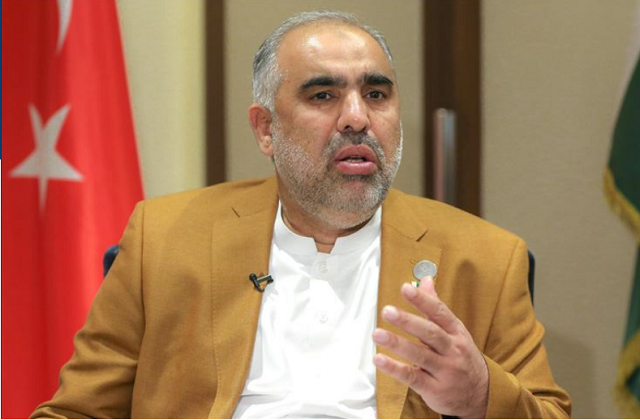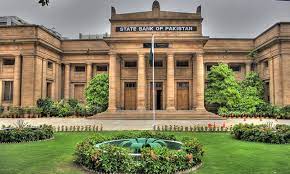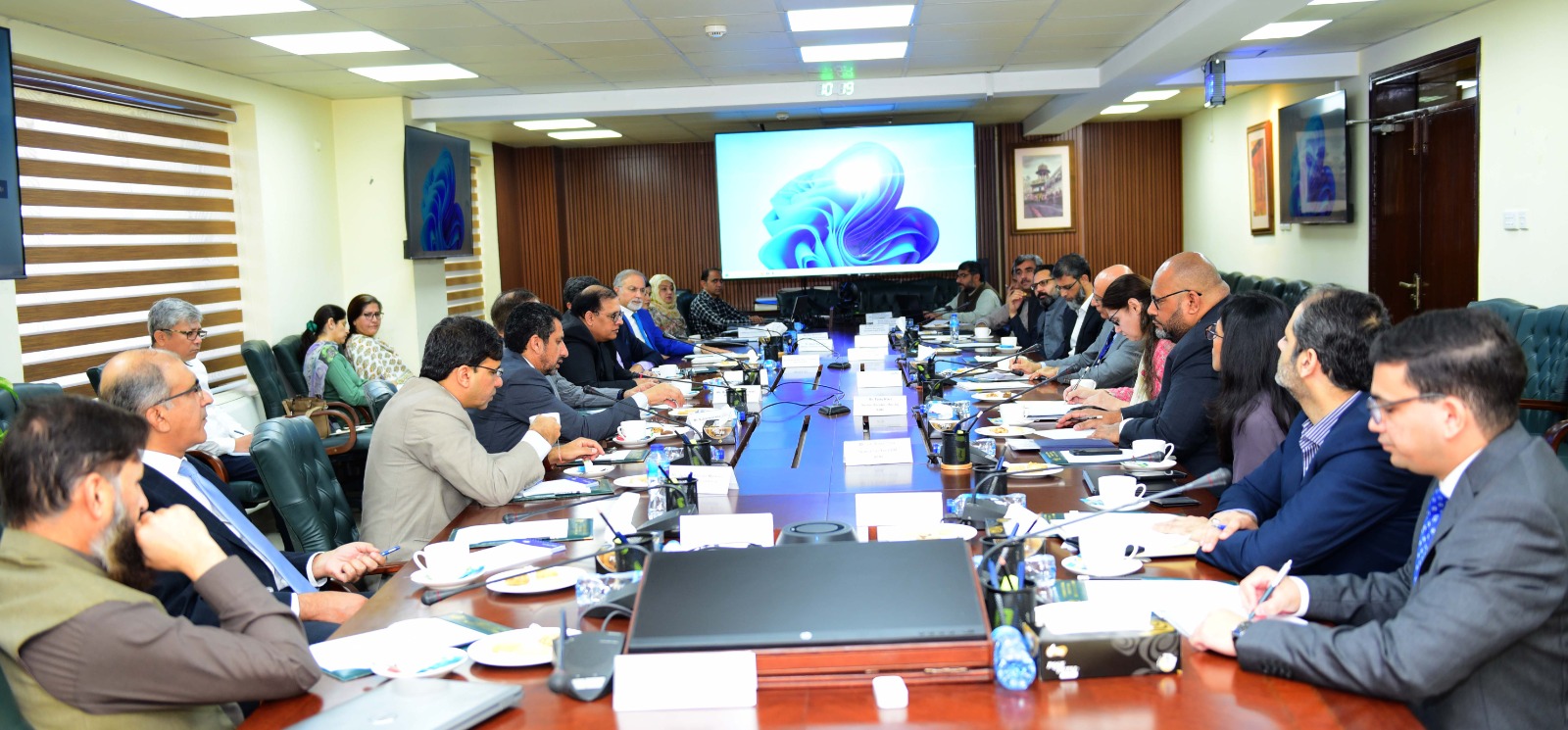Former Speaker of the National Assembly Asad Qaiser has raised serious allegations against the federal government, claiming that 91 crucial development projects in Khyber Pakhtunkhwa (KP) have been excluded from the federal budget. Speaking at a press conference in Islamabad, Qaiser, a prominent leader of the Pakistan Tehreek-i-Insaf (PTI), asserted that such policies not only hinder KP’s progress but also contribute to the resurgence of terrorism in the region.
According to Qaiser, the excluded projects encompass vital sectors such as health, education, energy, and others, crucial for the welfare and advancement of KP’s populace. He lamented the failure to fulfill promises, including the allocation of an additional 3% of the National Finance Commission (NFC) award to KP following the merger of erstwhile Fata (Federally Administered Tribal Areas). Despite assurances, the funds have not materialized, depriving KP of much-needed financial resources.
Joined by members of the KP Assembly and fellow PTI leaders, Qaiser emphasized that the withholding of funds was unjustifiable, particularly considering the mandate given to PTI by the people of KP. He urged the government to honor its commitments and release the allocated funds without further delay.
PTI leader Atif Khan echoed Qaiser’s concerns, highlighting the acute electricity crisis in KP exacerbated by rampant load shedding, especially during the scorching heatwave. Khan questioned the lack of action against electricity theft perpetrators and warned of potential electricity price hikes, further burdening the already struggling populace.
Shahram Tarakai, another PTI leader, drew attention to the alarming increase in terrorism, attributing it to the federal government’s neglectful policies. He stressed the urgent need for corrective measures to address the root causes of insecurity and instability plaguing the region.
In a scathing critique, Qaiser condemned the government’s alleged abuse of power and oppression of PTI workers and leaders. He cited the denial of access to an anti-terrorism court for PTI-backed opposition leader Omar Ayub Khan and four other parliamentarians in Sargodha as a blatant violation of political rights. Expressing concern over the deteriorating democratic norms, Qaiser questioned whether Punjab had been transformed into a “police state” or placed under a de facto martial law regime, where dissent was suppressed, and political activities stifled.
Directing his remarks to the incumbent Speaker of the National Assembly, Sardar Ayaz Sadiq, Qaiser urged him to uphold the dignity of the parliamentary institution and safeguard lawmakers’ privileges. He called for accountability and transparency in governance, emphasizing the need to prioritize the welfare of the people above political interests.
As the controversy unfolds, it underscores broader issues of governance, accountability, and regional development in Pakistan. The allegations raised by Qaiser shed light on the challenges faced by provinces like KP in securing adequate resources for socio-economic progress and security enhancement. The federal government’s response to these allegations and its commitment to addressing the grievances of marginalized regions will be crucial in restoring trust and fostering inclusive growth across the country.




